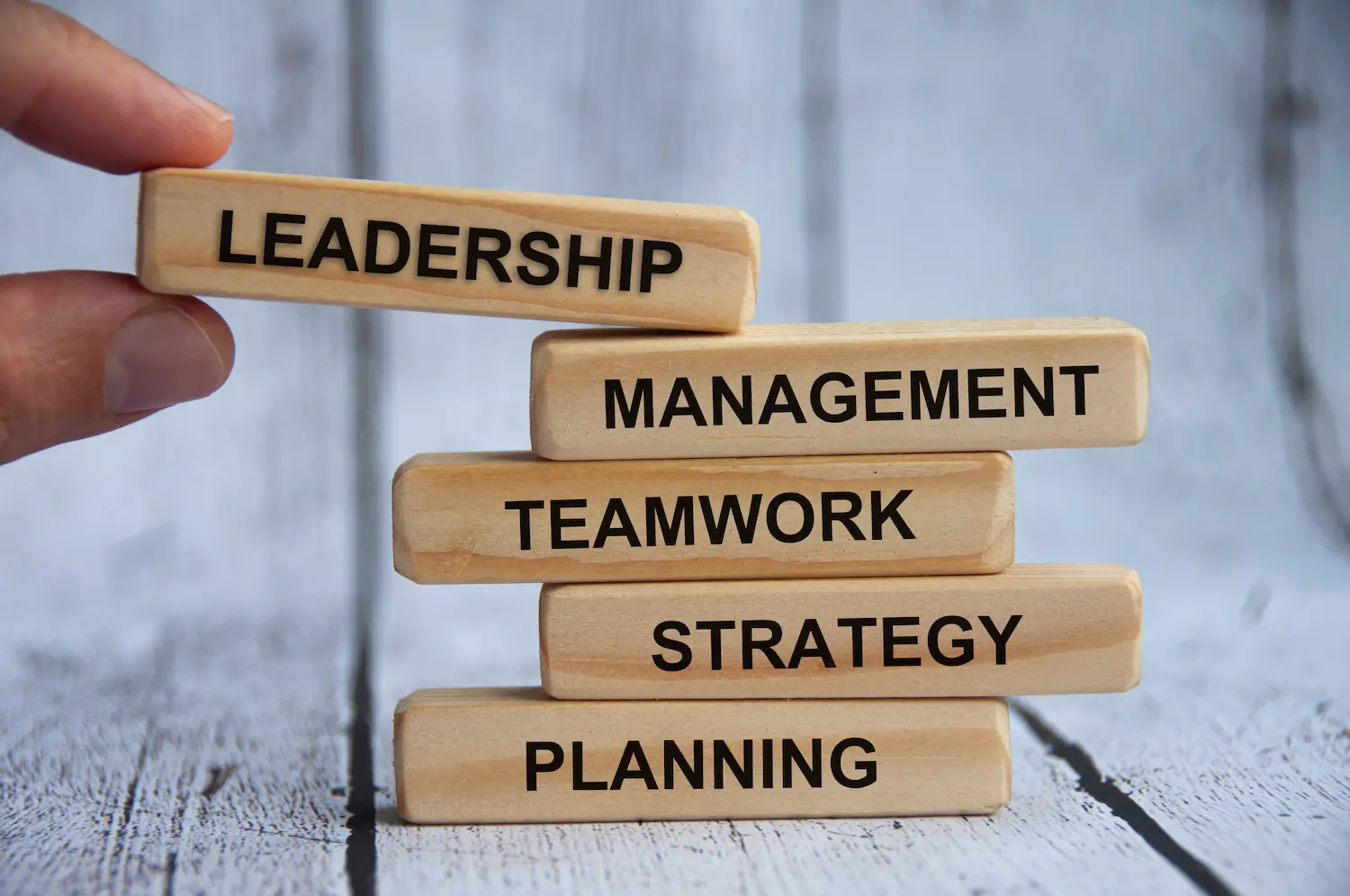Leadership skills development is a cornerstone of long-term career success. Whether you aim to manage a team, inspire colleagues, or step into executive roles, leadership is no longer tied only to titles. In today’s workplace, professionals at every level are expected to demonstrate leadership qualities such as communication, adaptability, and decision-making.
Keep reading to develop your leadership skills and become a pro!
Why Leadership Skills Matter
Employers value professionals who can lead, regardless of job title. A junior employee who takes initiative and guides projects is often seen as future management material.
Leadership is also about influence. By developing leadership skills, you gain the ability to motivate others, resolve conflicts, and drive results. These qualities make you stand out when promotions and key opportunities arise.
Core Leadership Skills to Develop
Strong leaders balance both technical knowledge and interpersonal abilities. The following areas are often highlighted by employers as essential.
Here are the core skills to focus on:
- Communication: Clear messaging builds trust and reduces misunderstandings
- Decision-Making: Leaders must act decisively under pressure
- Adaptability: In fast-changing industries, flexibility is critical
- Emotional Intelligence: Understanding others’ perspectives strengthens collaboration
Each of these skills contributes to building influence and long-term career growth.
Practical Ways to Improve Leadership Skills
Leadership cannot be learned overnight—it develops through consistent practice and reflection.
Follow these approaches to grow your leadership abilities:
- Volunteer for projects that require coordination or mentorship
- Request feedback from colleagues and act on it
- Read books or attend workshops on leadership styles
- Practice active listening in meetings to strengthen relationships
These habits gradually transform everyday actions into leadership practice.
Learning from Mentorship and Role Models
Mentorship is one of the most effective paths to leadership growth. Observing how seasoned leaders handle challenges provides insights that cannot be learned in textbooks.
If possible, identify a mentor in your workplace or industry. Regular check-ins, shadowing opportunities, and feedback sessions can accelerate your development. Similarly, studying role models—whether executives in your company or leaders in the public eye—can inspire you to adopt proven strategies.
Leadership Skills Development Through Challenges
True leadership often emerges in difficult situations. Projects with high stakes or unexpected problems create opportunities to demonstrate initiative.
Taking responsibility when challenges arise shows resilience and problem-solving ability. Even if results are not perfect, stepping up builds trust and credibility. Over time, these experiences become the foundation of leadership growth.
Leadership in Remote and Hybrid Workplaces
In 2025, leadership is not confined to office walls. Many teams operate remotely or in hybrid formats, which requires new approaches.
Effective remote leaders focus on clear communication, empathy, and digital collaboration tools. They balance accountability with trust, ensuring teams remain motivated and aligned despite physical distance. Developing these skills makes you a more adaptable leader in modern workplaces.
Conclusion
Leadership skills development is not a one-time effort but a continuous journey. By focusing on communication, adaptability, decision-making, and emotional intelligence, professionals can position themselves as strong leaders in any role.
Mentorship, feedback, and real-world challenges all provide opportunities to practice and refine these abilities. In a world where employers seek not just workers but influencers and innovators, leadership skills development is the key to career advancement and long-term success.
With the right mindset and consistent effort, you can grow into the kind of leader who not only advances personally but also inspires those around you.



